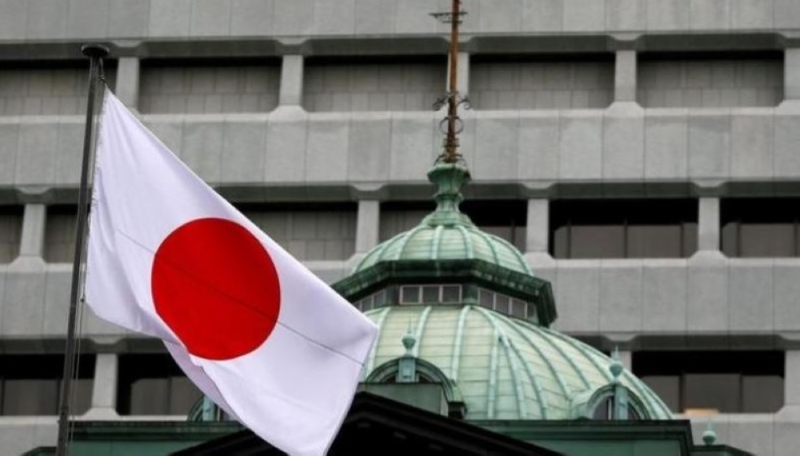The Bank of Japan should let government bond yields move more flexibly and be ready to raise short-term interest rates swiftly if "significant" upside risks to inflation materialise, the International Monetary Fund (IMF) said on Thursday.
In a proposal after an annual policy consultation with Japan, the IMF said the central bank's ultra-loose monetary policy remains appropriate as inflation is likely to fall back below its 2% target by the end of 2024 unless wages rise significantly.
But with upside risks to inflation becoming more prominent in the world's third-biggest economy, the IMF said, the Bank of Japan (BOJ) should give long-term yields freer rein, such as by raising its 10-year bond yield target or widening the range it tolerates.
With Japan's core consumer inflation at a 41-year high 4%, double the BOJ's target, markets have been betting the central bank will phase out its aggressive stimulus when dovish Governor Haruhiko Kuroda retires in April.
Unlike central banks worldwide that have aggressively raised interest rates, the BOJ has stuck with an ultra-low rate policy, called yield curve control (YCC), that applies a negative interest rate to some short-term funds and targets the 10-year yield around zero.
The global lender's proposals contrast with those it made last year, when it urged the central bank to maintain ultra-loose policy to support Japan's recovery from the damage of the COVID-19 pandemic.
"Given the two-sided risks to inflation, more flexibility in long-term yields would help to avoid abrupt changes later. This would help better manage inflation risks and also help address the side-effects of prolonged easing," the IMF said.











